Leadership Report: Zuckerberg's Leadership and Facebook's Performance
VerifiedAdded on 2023/01/16
|19
|1207
|63
Report
AI Summary
This report delves into the personal and professional development of Mark Zuckerberg, focusing on his leadership style and its impact on Facebook's performance. It begins with an introduction to personal and professional development, followed by an overview of various leadership theories, including trait, contingency, situational, transformational, behavioral, and transactional theories. The report then analyzes Zuckerberg's leadership style, identifying him as a transactional leader who employs autocratic, democratic, and laissez-faire approaches. It highlights his focus on innovation, growth, and employee development, examining the positive influence of his leadership on Facebook's operations. The report concludes with recommendations for effective leadership, such as showing concern for employees and adapting leadership styles to different situations, and provides a list of references.
1 out of 19

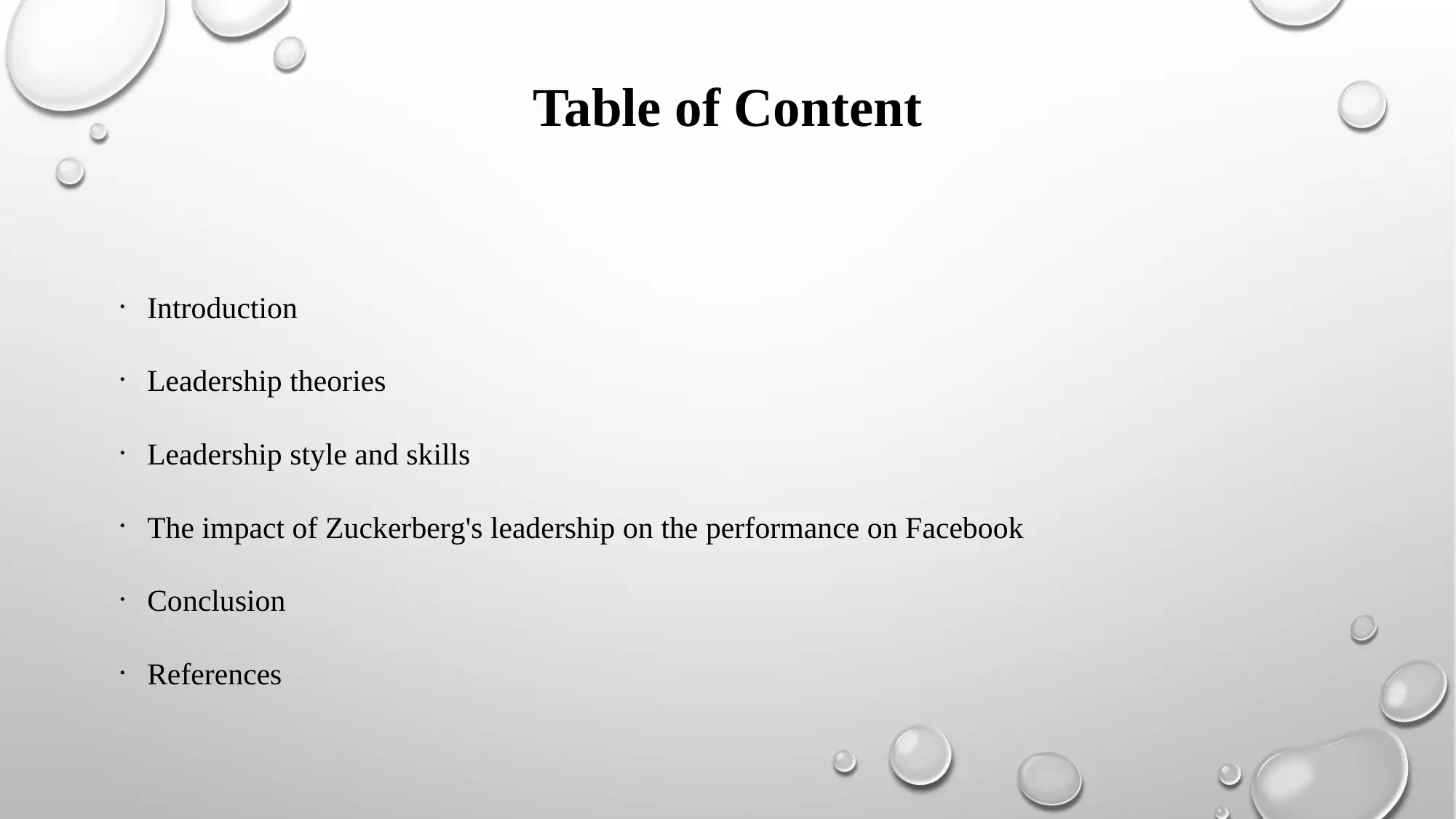
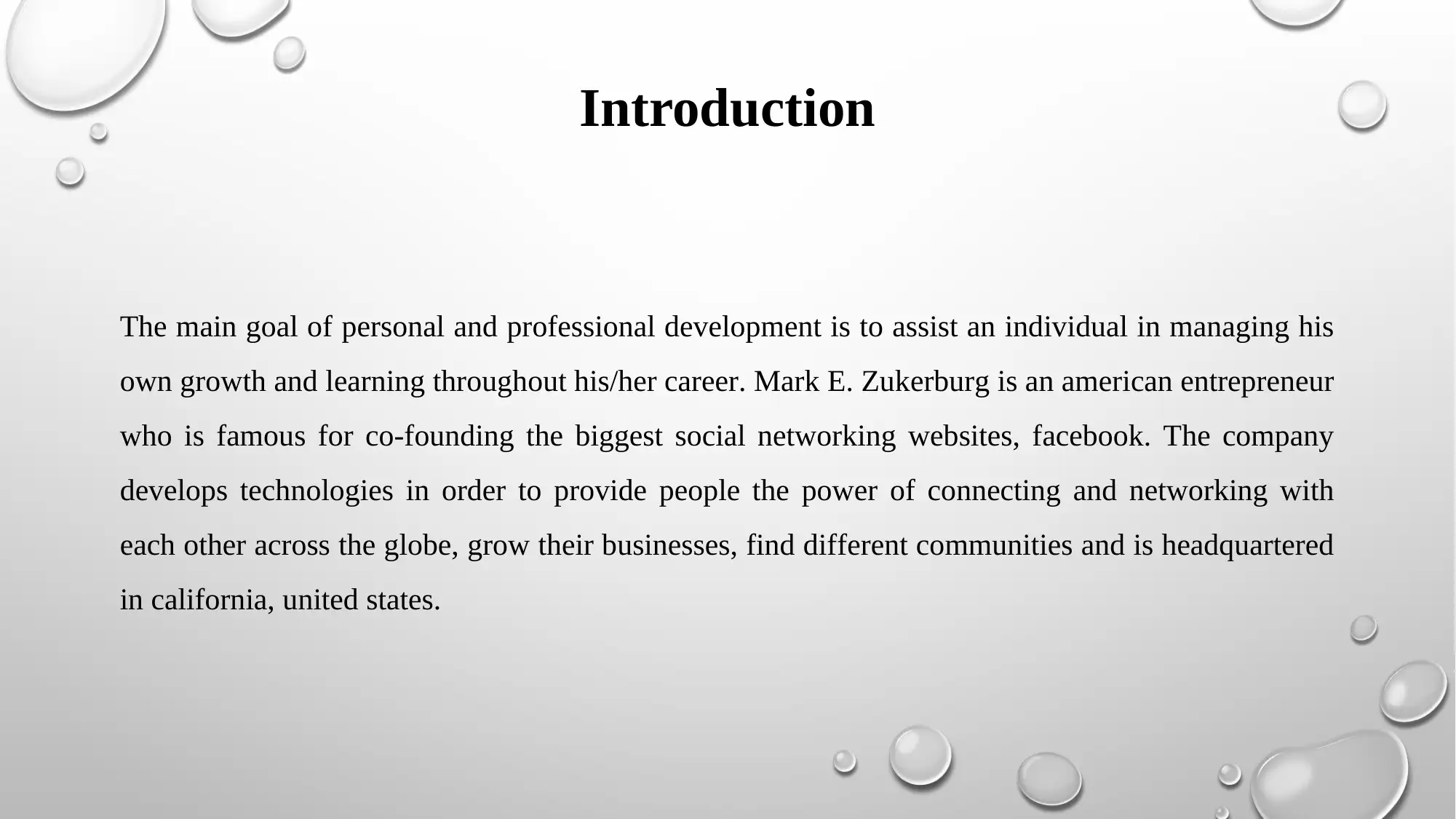

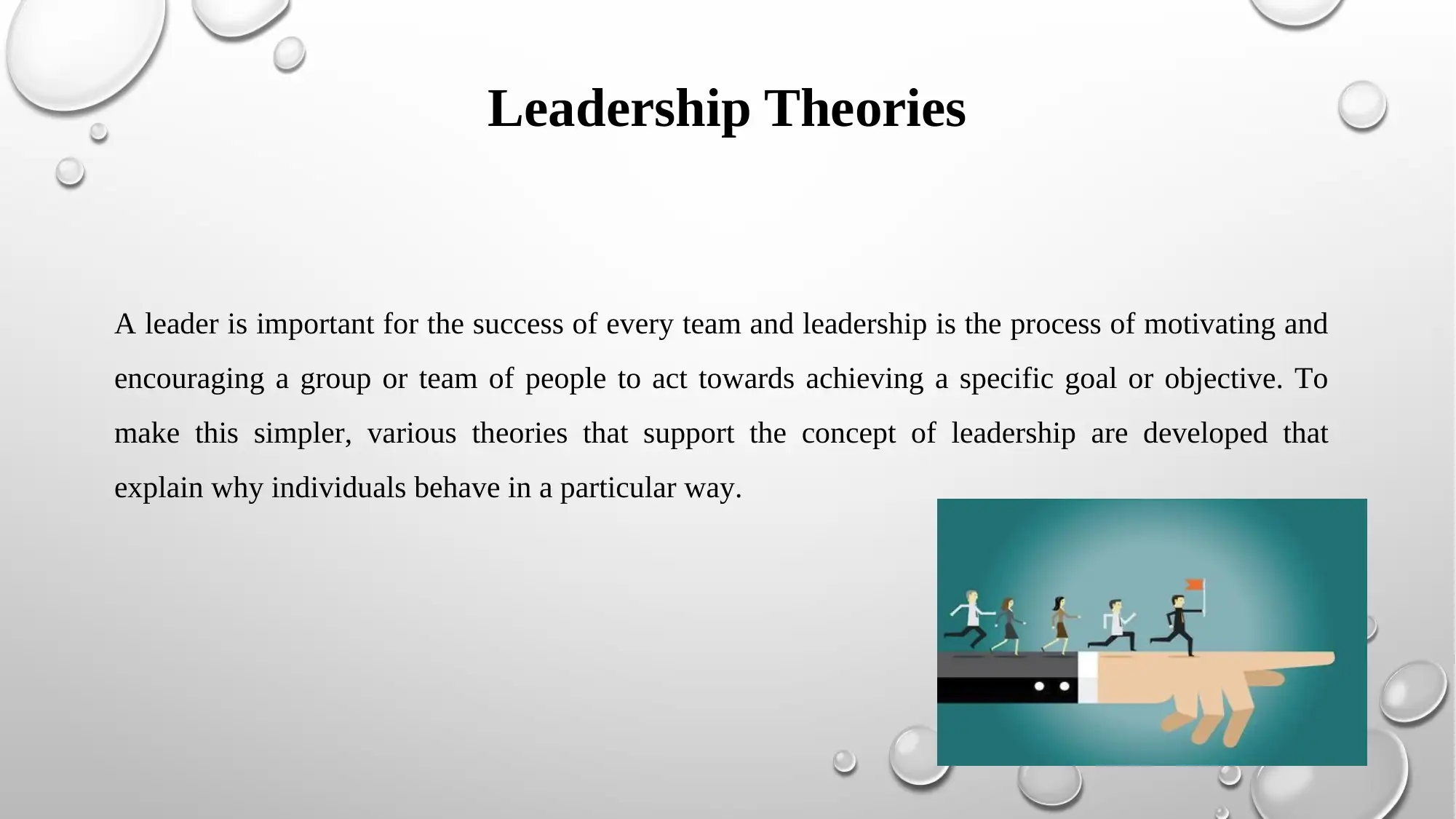
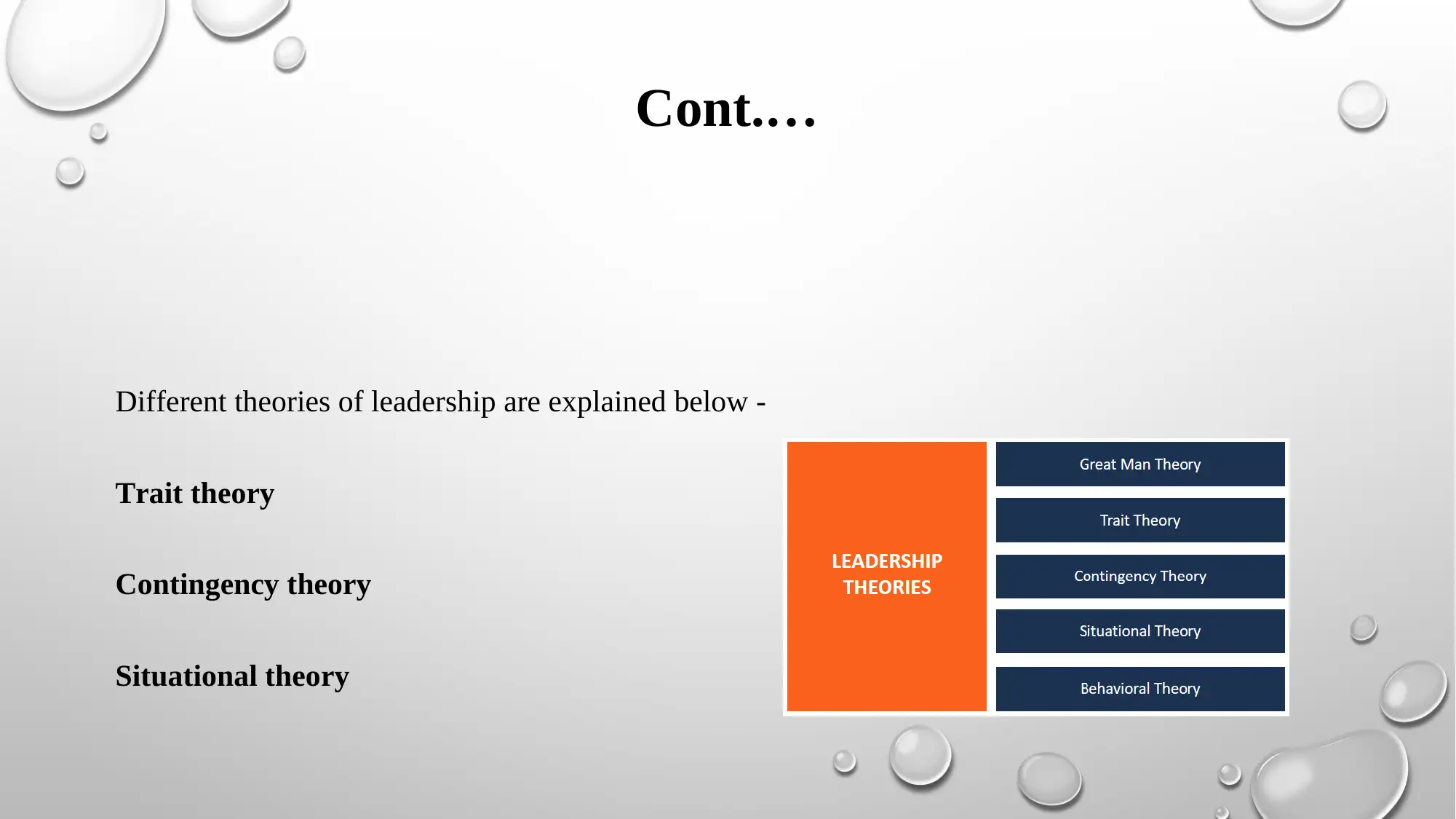
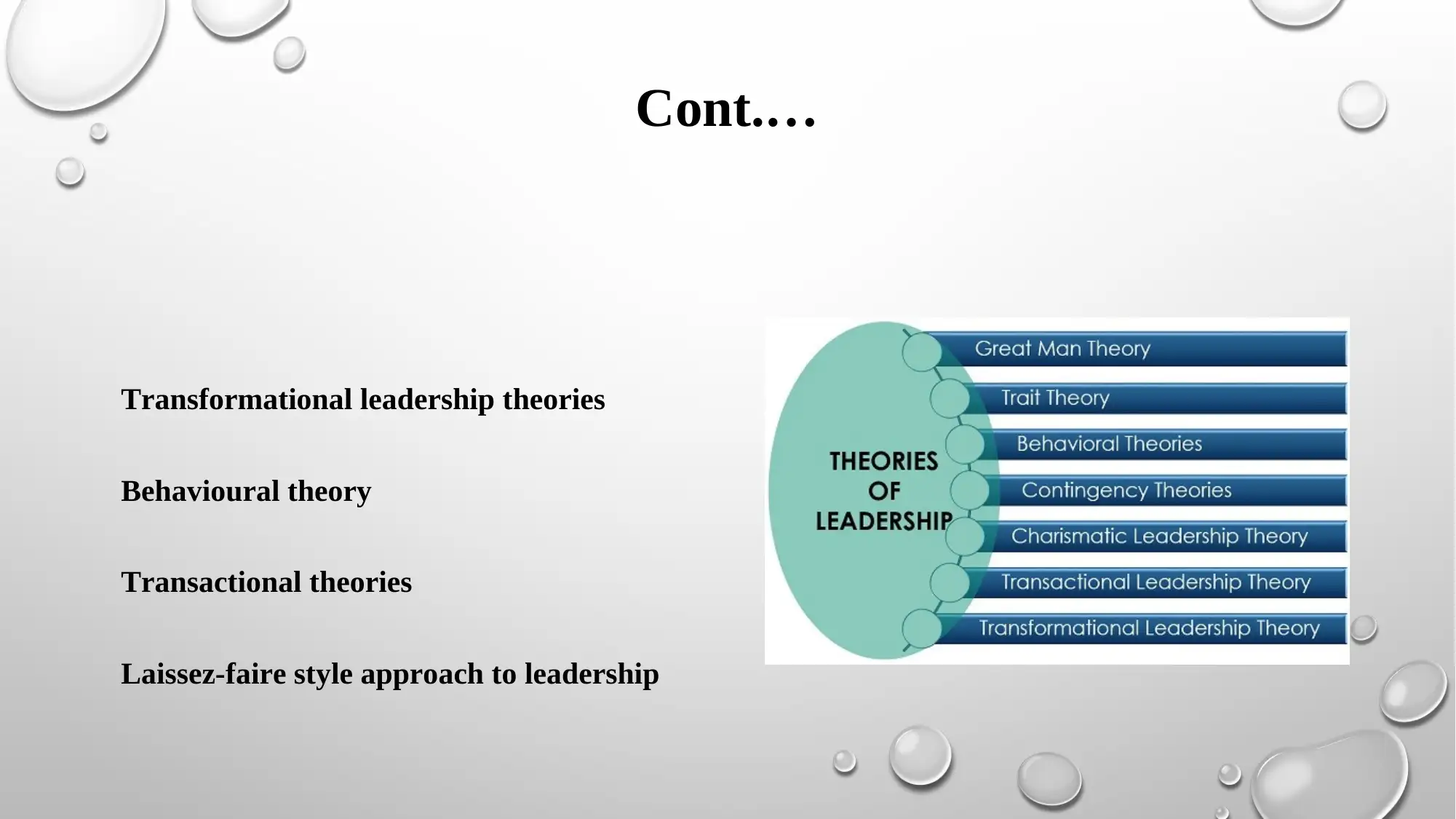
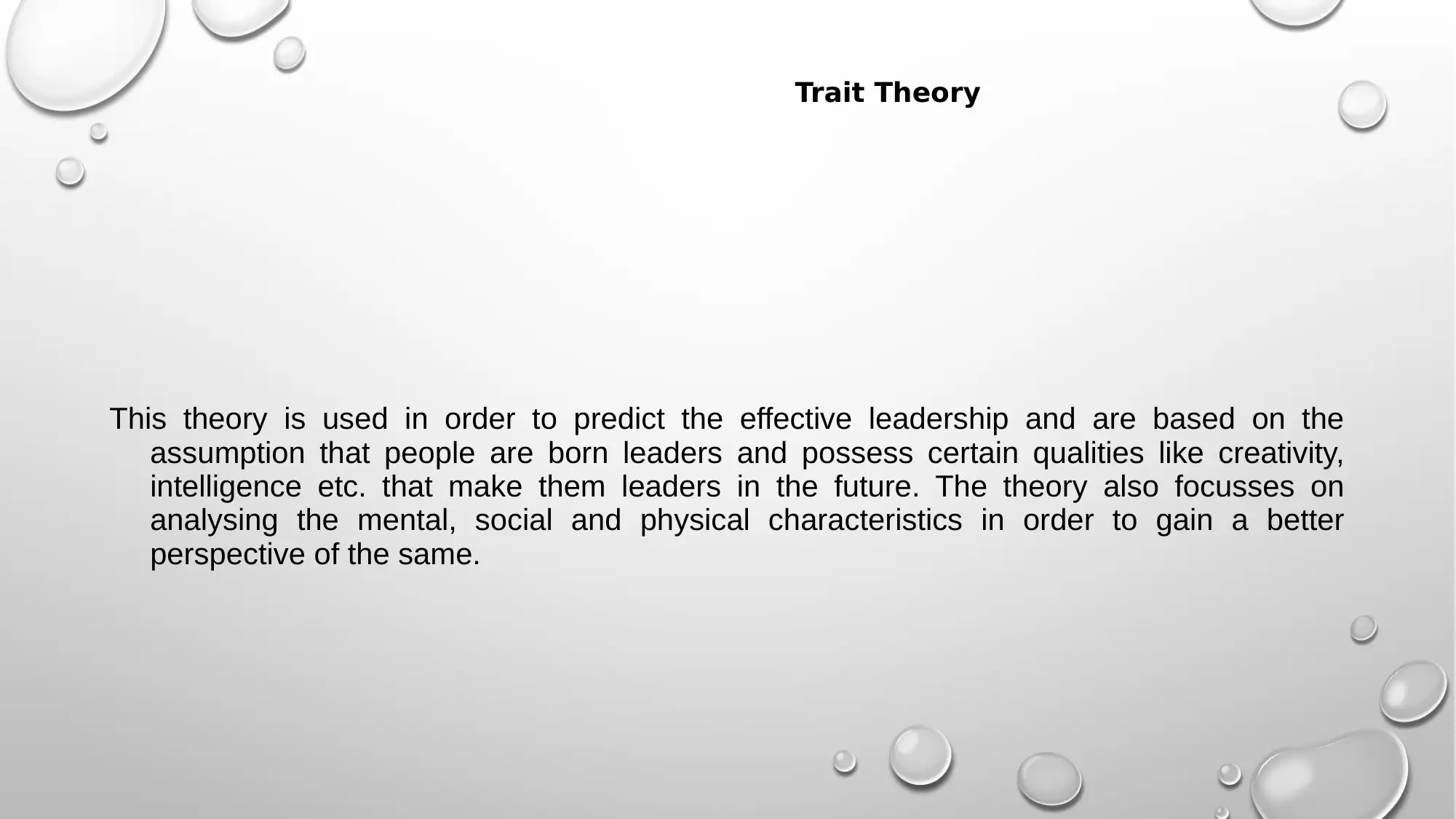
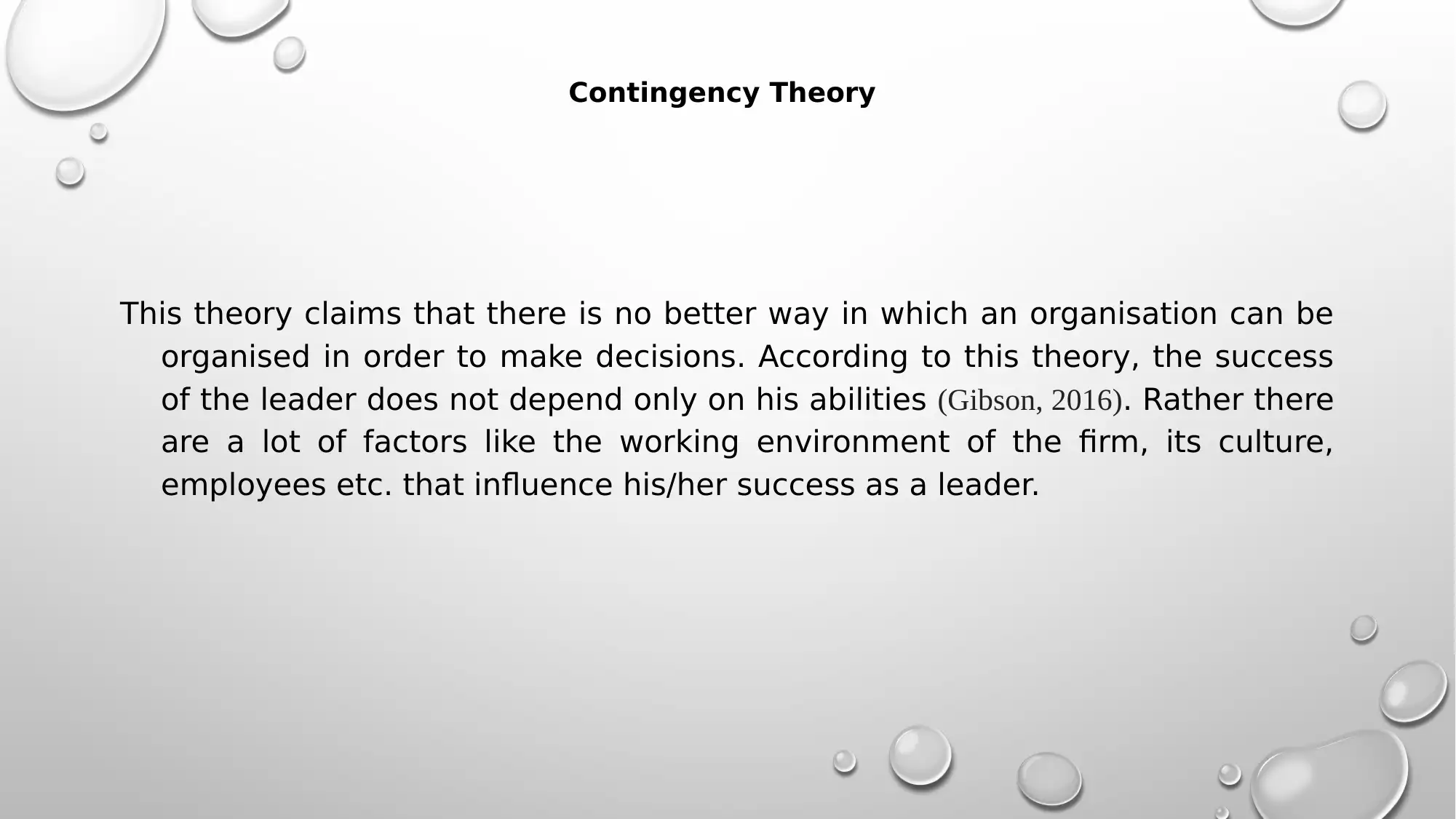
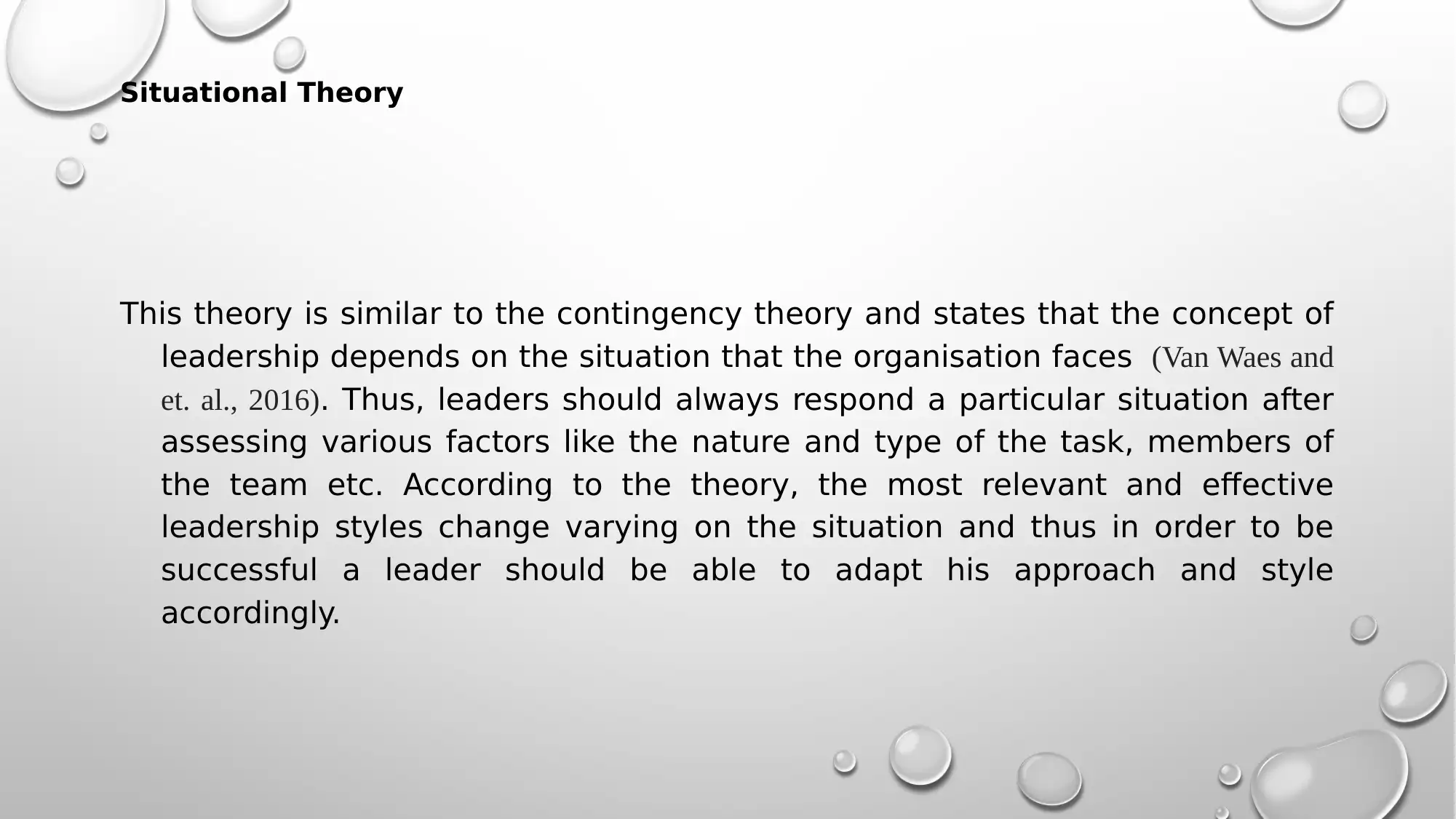
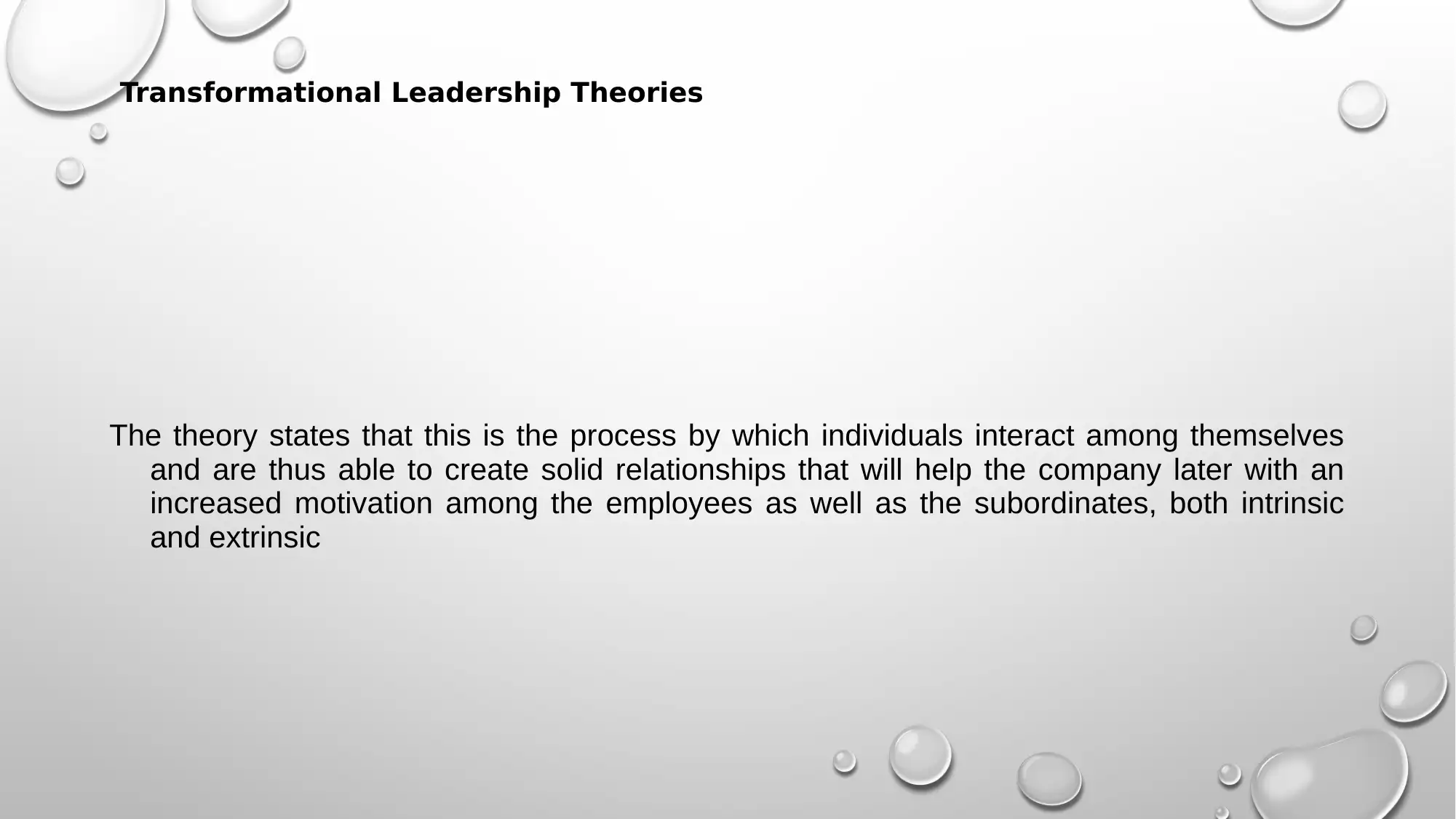
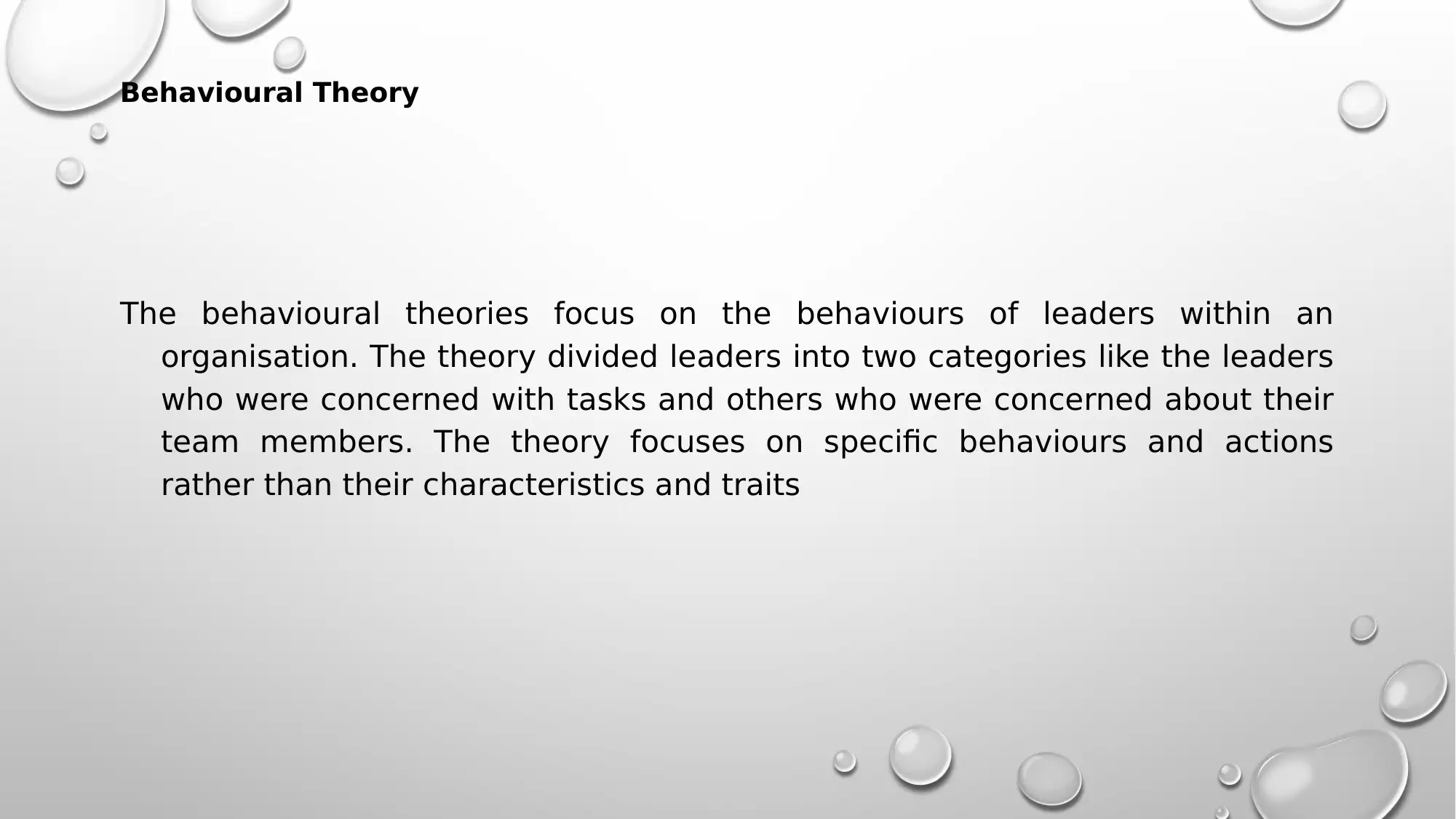
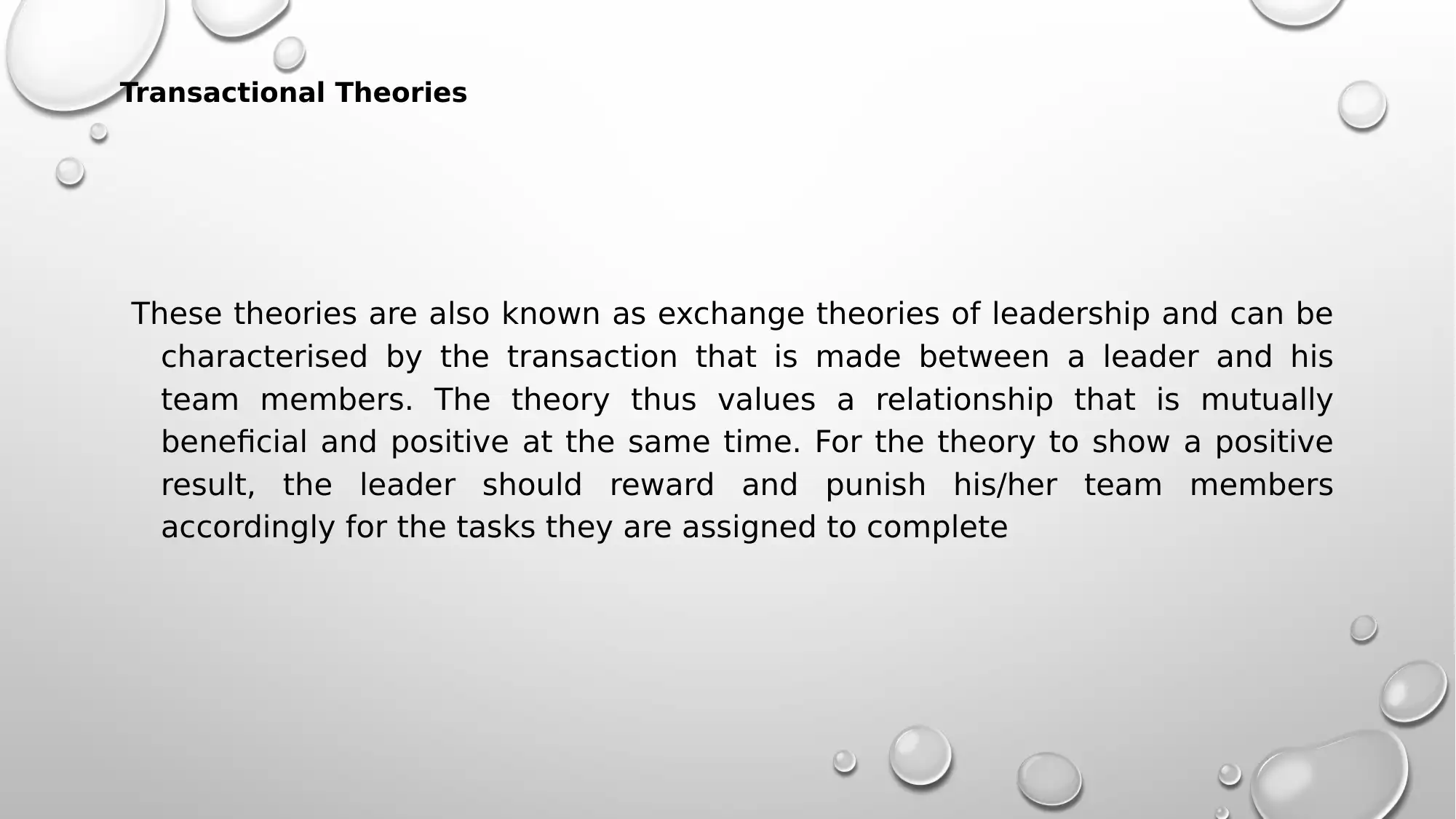






![[object Object]](/_next/static/media/star-bottom.7253800d.svg)